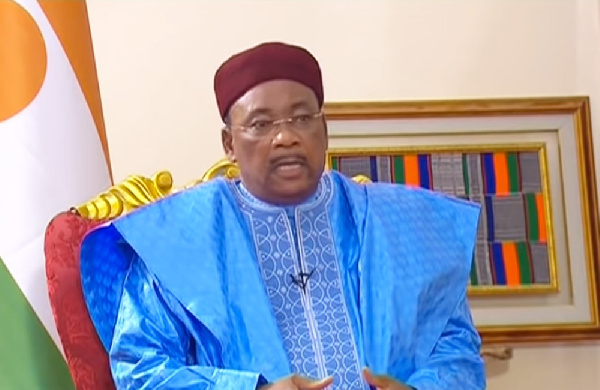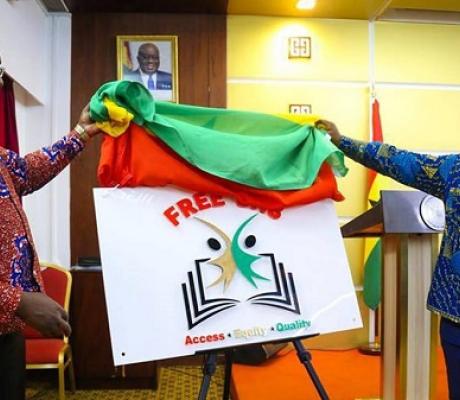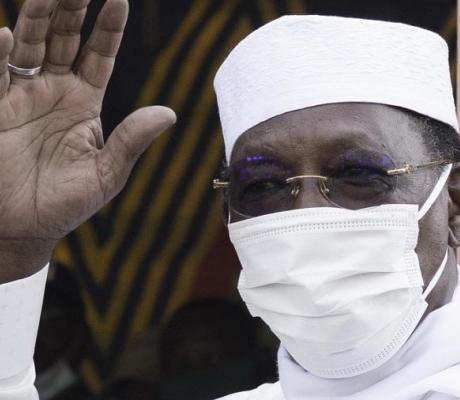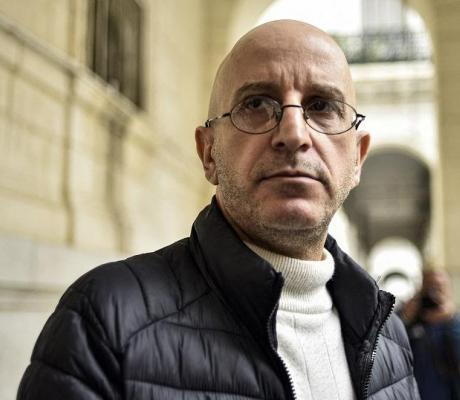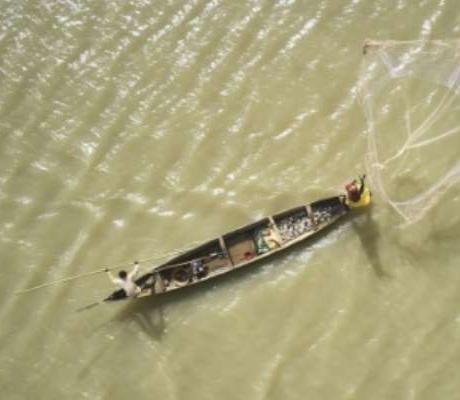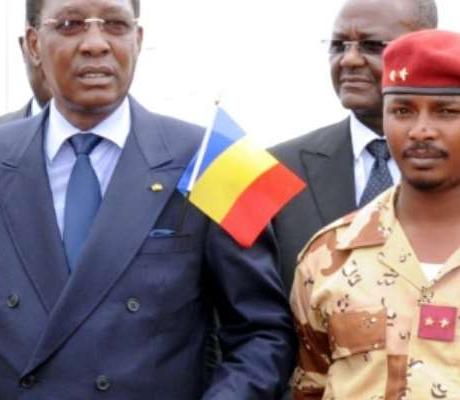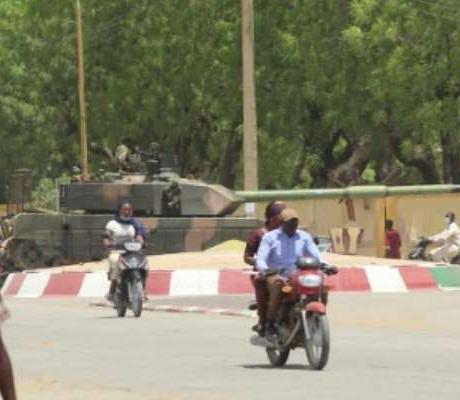West African countries will send a delegation to Mali in an effort to reverse a military coup, presidents from the region said, as an opposition coalition there joined the junta in rejecting foreign interference.
Leaders of the 15-nation Economic Community of West African States (ECOWAS) convened over the crisis on Thursday, after it suspended Mali, shut off borders and halted financial flows in response to Tuesday’s overthrow of President Ibrahim Boubacar Keita.
The coup, which has rocked a country already in the grip of a growing insurgency by Islamist militants and civil unrest, has been met with almost universal condemnation abroad.
At the end of the meeting, Niger President Mahamadou Issoufou, the acting ECOWAS president, issued a statement saying the heads of state demanded that Keita be returned to power and would “immediately” dispatch a delegation to Mali that would include former Nigerian President Goodluck Jonathan.
The statement also called for the ramping-up of ECOWAS’s standby military force, but it was not clear whether any military action was being contemplated.
Diplomatic sources had said earlier that the delegation would be led by four heads of state.
In Mali, the M5-RFP coalition of opposition groups that spearheaded protests against Keita before the coup and has since embraced the mutineers rejected ECOWAS’s position.
“If they want to come, they can come but we are not going to move,” Cheick Oumar Sissoko, a coalition leader, told reporters. “We are going to cross ECOWAS’s red line.”
Opposition leaders said they would hold a rally in Bamako on Friday to celebrate what they described as their “victory”.
Bamako residents expressed widespread support for the coup. The capital was calm for the second straight day, as people appeared to heed earlier calls from junta spokesman Colonel Ismael Wague to return to work and go about their daily lives.
Banks re-opened after closing the past two days and clients said they had no problems withdrawing money.
“The ECOWAS sanctions are legitimate but reckless,” said Brema Soumare, a 35-year-old architect, standing outside a bank. “This coup is a liberation... Organisations like ECOWAS should support the people and not heads of state.”
COUP LEADERS
Colonel Assimi Goita, a special forces commander, presented himself late on Wednesday as the junta’s leader.
Marc-Andre Boisvert, an independent researcher on the Malian security forces, said the senior mutineers were all respected army colonels who had fought in the north, where affiliates of al Qaeda and Islamic State are active.
“It was a coup led by combat-experienced, not personality-driven? officers,” he said. “I expect they were selected to be the image of the coup as they are respected and close to the (ordinary) soldiers.”
Nevertheless, the officers’ actions have raised fears of a repeat of 2012, when the chaotic aftermath of a coup helped hasten the fall of northern Mali to al Qaeda-linked militants.
France intervened the following year to push them back, but the militants have since regrouped and extended their influence into central Mali and countries in West Africa’s Sahel region.
Some apparent supporters of the al Qaeda-affiliated militants celebrated the coup on social media, saying it represented an opportunity for the group to exploit.
France’s armed forces minister said on Thursday that its forces would continue their Mali-based military operations against Islamist fighters.
Late on Thursday, the junta ordered the country’s borders re-opened after having closed them after the coup.
Most land borders were due to remain shut because of ECOWAS’s instructions to its members states, but the junta’s order could allow mining companies operating in Mali like Barrick Gold to fly gold out of the country.
Source: af.reuters.com

